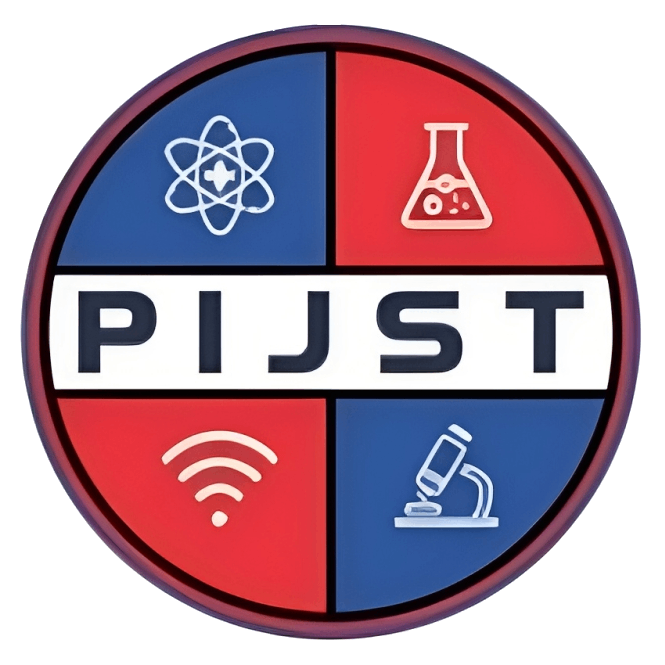Sarthak Singh, B.Tech(Computer Science), KIET (Ghaziabad)
Dr. Shailendra Singh, PhD, CMJ University, Jorabat, Meghalaya
Published Date: 01-09-2025 Issue: Vol. 2 No. 9 (2025): September 2025 Published Paper PDF: Download
Abstract- Quantum computing has emerged as a transformative paradigm in computer science, bridging the principles of quantum mechanics with computational theory. Unlike classical computing, which relies on deterministic bits, quantum computation harnesses qubits that exploit superposition and entanglement to achieve parallelism and correlations beyond classical limits. This paper explores the theoretical frameworks of quantum computing, beginning with the origins of qubits and extending to quantum circuits and quantum Turing machines. These models underpin algorithms such as Shor’s factorization and Grover’s search, which demonstrate exponential or quadratic speedups over the best-known classical approaches. The potential applications of these methods span cryptography, optimization, artificial intelligence, and large-scale quantum simulations, offering prospects for breakthroughs across scientific and industrial domains. However, these advantages are tempered by formidable challenges, including decoherence, error correction, scalability, and hardware constraints. Quantum states are fragile, requiring precise control and error rates far lower than current technological capabilities. Furthermore, computational complexity theory underscores limitations that persist even in the quantum model, raising questions about which problems remain intractable. By synthesizing theoretical insights with emerging challenges, this study highlights both the promise and the limitations of quantum computing, emphasizing the interdisciplinary collaboration required to advance the field toward practical utility and technological maturity.
Keywords-Quantum Computing, Qubits, Superposition, Entanglement, Quantum Algorithms, Scalability.
Published Date: 01-09-2025 Issue: Vol. 2 No. 9 (2025): September 2025 Published Paper PDF: Download
Abstract- Quantum computing has emerged as a transformative paradigm in computer science, bridging the principles of quantum mechanics with computational theory. Unlike classical computing, which relies on deterministic bits, quantum computation harnesses qubits that exploit superposition and entanglement to achieve parallelism and correlations beyond classical limits. This paper explores the theoretical frameworks of quantum computing, beginning with the origins of qubits and extending to quantum circuits and quantum Turing machines. These models underpin algorithms such as Shor’s factorization and Grover’s search, which demonstrate exponential or quadratic speedups over the best-known classical approaches. The potential applications of these methods span cryptography, optimization, artificial intelligence, and large-scale quantum simulations, offering prospects for breakthroughs across scientific and industrial domains. However, these advantages are tempered by formidable challenges, including decoherence, error correction, scalability, and hardware constraints. Quantum states are fragile, requiring precise control and error rates far lower than current technological capabilities. Furthermore, computational complexity theory underscores limitations that persist even in the quantum model, raising questions about which problems remain intractable. By synthesizing theoretical insights with emerging challenges, this study highlights both the promise and the limitations of quantum computing, emphasizing the interdisciplinary collaboration required to advance the field toward practical utility and technological maturity.
Keywords-Quantum Computing, Qubits, Superposition, Entanglement, Quantum Algorithms, Scalability.

 : 10.62796/pijst
: 10.62796/pijst